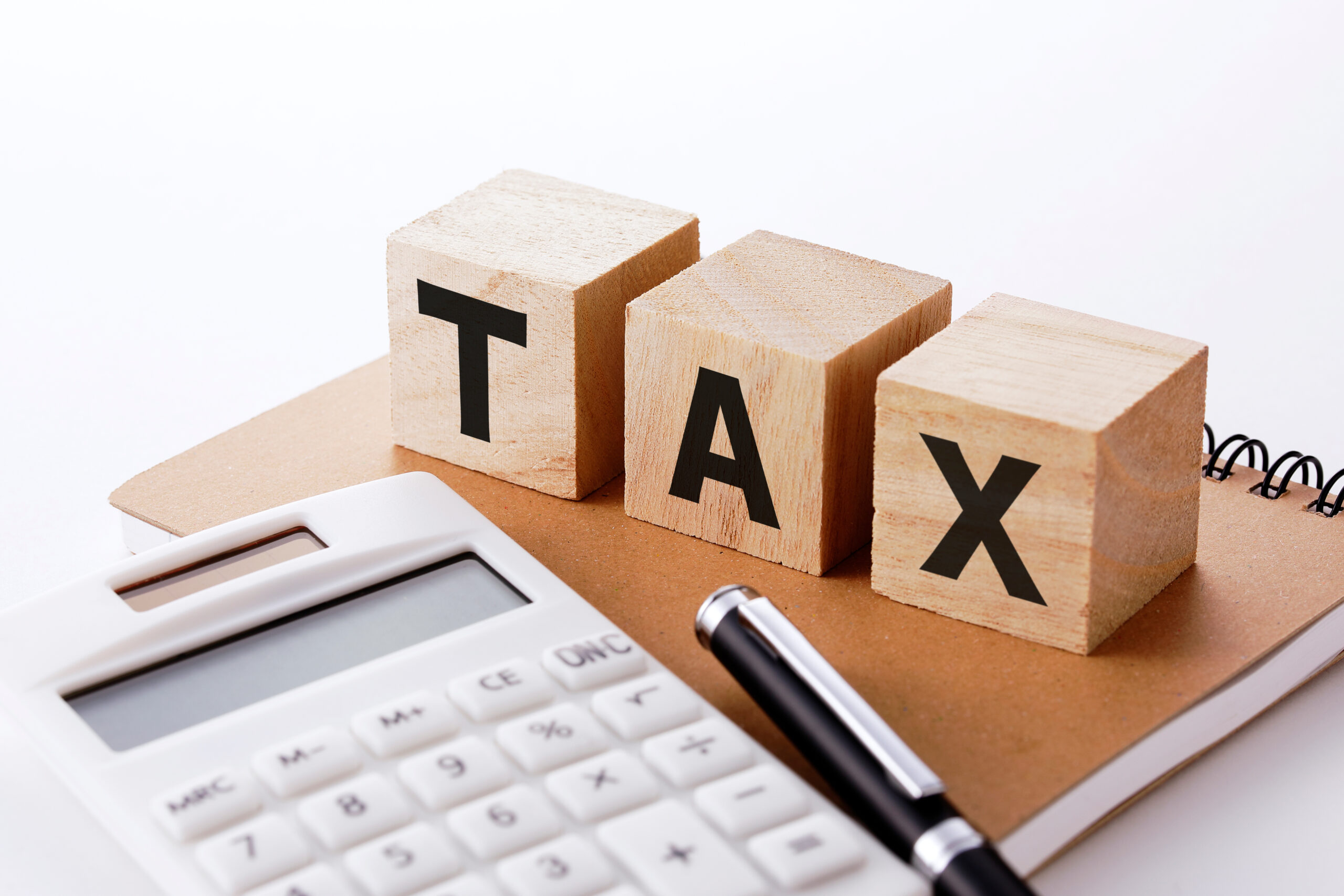The Taxation of Residential Property

Most people understand that the valuation of residential property is important for sale or lending purposes, however, there are also times it is vital to have an accurate value for taxation purposes. Below are the main taxes that could be affected by the value of a property:
Inheritance Tax (IHT)
When a person dies, an executor (or executors) has to go through the Confirmation process (known as Probate in England and Wales). This regularly involves the payment of Inheritance Tax to HMRC. The amount payable is based on the assets owned by the deceased at the time of death including property, money and other assets.
The exact rules on how much is due (if anything at all) are too complex to detail here but, since property is the main asset for most people, its value can obviously have a major effect on Inheritance Tax.
Capital Gains Tax (CGT)
Capital Gains Tax is the tax due on profits from investments or assets. The good news it is not normally payable on your main home but would likely be due on any additional properties you own such as Buy to Lets, Holiday Lets or Second Homes. Again the rules are rather complex but it is highly likely you would liable to CGT if the additional property increases in value, potentially up to 24% of any gain.
It is not only payable when a property sells but could be due if you pass it on to a friend or family member, or if you inherit a property and sell it at a later date.
Land and Buildings Transaction Tax (LBTT)
Known at Stamp Duty in England and Wales this is a tax you pay to the government when you buy a property. It is not payable on properties worth up to £145,000 but then rises depending on the value of the property – up to 12% for properties worth over £750,000 (there are slightly different rules for first time buyers).
If you already own a home you will likely be required to also pay the Additional Dwelling Supplement (unless you are planning on selling your home within a certain time period). The rate has increased over the past few years and now stands at 8% of the purchase price (if over £40k).
Trusts
A Trust is a legal method of controlling assets and may have tax advantages. HMRC normally requires assets held in Trust to be valued every 10 years and tax may be due at that stage.
Summary
The taxation of residential property is a very complex business (and please note that we are not tax advisors. Professional advice should always be sought). The above shows that tax is normally due on both open market transactions and off-market transfers. Whilst HMRC will base some taxes on the sale price of a property this is not possible for off-market transfers. In these cases an accurate valuation of the property is vital – something that Allied Surveyors Scotland can provide.
Simon Breeze , MA (Hons) MSc MRICS
Director
Need a Tax Valuation?
From Inheritance Tax to Capital Gains and Trust planning, accurate property valuations are essential. Allied Surveyors Scotland provides trusted valuations accepted by HMRC, ensuring you stay compliant and informed.
Contact your local branch for expert advice.

Share